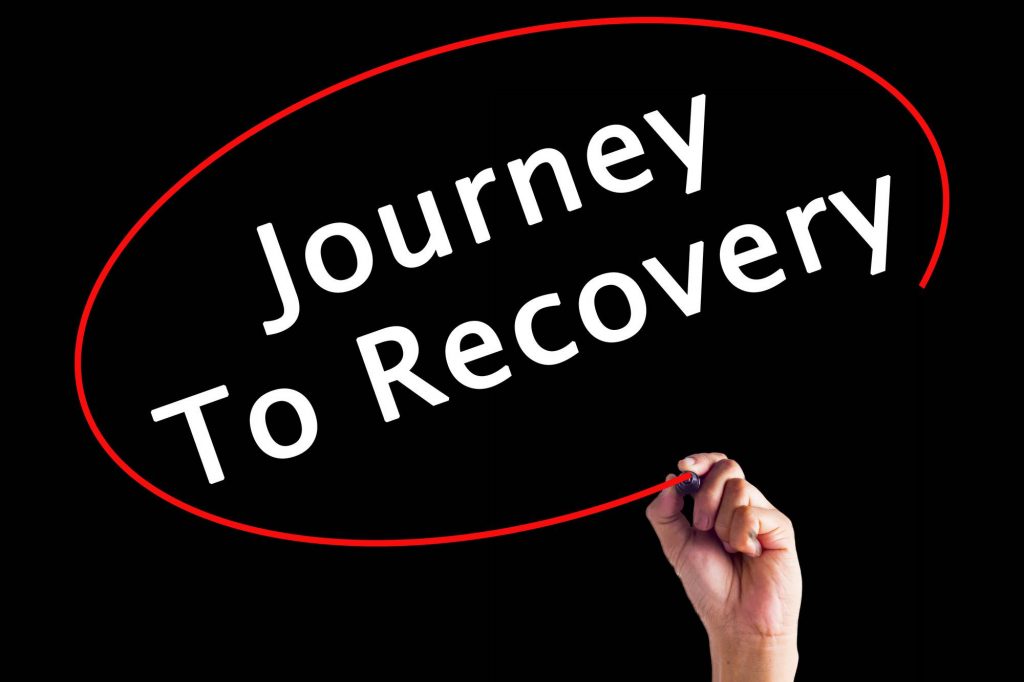About Alcoholism
Alcoholism is an unfortunate epidemic in the United States that affects millions of Americans each year, especially when people start noticing symptoms of an alcoholic.
It can adversely affect the lives of you or your loved ones when one is showing symptoms of an alcoholic.
Alcoholism is dangerous to your health, the safety of you, and those around you.
You must understand the symptoms of an alcoholic and how destructive they can be over time.
Alcoholism is a unique addiction disorder because drinking is legal for people over the age of 21.
Using many other addictive substances is not legal or socially accepted.
However, when a person comes of age, people expect and even encourage them to drink alcohol.
Social drinking, such as at parties or events, is commonplace and routine.
Often times, it is this misfortune that drives most adults on an early course of becoming an alcoholic.
If children or teens begin drinking at a young age, alcoholism is more likely to develop tenfold.
Though it is illegal, drinking is commonplace among teens.
Some consider binge drinking on the weekend a cool activity in college or high school.
Though light alcohol in your teens can seem harmless, it puts you at risk for developing an addiction later in life.
If teens consume too much alcohol for too long, the body forms a dependency quickly and suddenly.
Alcoholism occurs when your ability to stop or limit drinking becomes impaired.
Though alcoholics face adverse consequences and life changes due to their addictions, they cannot control their drinking because it has become compulsive.
Alcoholism develops slowly over long periods and is sometimes seemingly hidden.
Significant symptoms of an alcoholic that you should watch out for if you believe you or someone you love may be suffering from an alcohol use disorder.

Understanding the Symptoms of an Alcoholic
It is not always simple to tell when someone struggles with alcoholism. Increased consumption of alcohol over long periods leads to a higher tolerance in the user.
It can seem as though the person has no impairment or alcohol influence when they may have a high tolerance. Though it may not be as easy to spot an alcohol use disorder’s physical effects, there are behavioral and emotional signs and symptoms of an alcoholic to look out for.
The National Institute on Alcohol Abuse and Alcoholism (NIAAA) lists the following activities as symptoms of alcoholism:
- Experienced times where you end up drinking more or longer than originally intended
- More than once wanted to limit or stop drinking but couldn’t
- Spent a lot of time drinking or being sick from its effects afterward
- Wanted a drink so badly it was hard to think of anything else
- Found that drinking or its aftereffects were impeding you from your responsibilities with your family, home, career, or education
- Continued to drink even though it was causing you trouble in personal relationships</career,>
- Stopped activities that were important to you to keep drinking
- Continued to drink even though it was making a mental health issue worse
These are not the only adverse effects of alcohol use disorder. Alcoholism transforms a person’s life and changes the way they interact with others. The need for alcohol takes over almost everything else and blinds you. It is easy to forget about the people and things you love when alcohol is the only thing on your mind.
Drinking becomes compulsive–something you no longer want to do but have to. When you stop drinking alcohol after prolonged addiction, you will experience challenging and sometimes painful alcohol withdrawal symptoms. Alcohol addiction is common and distressing, but it does not have to last forever.
If you are struggling with alcoholism, know that it is possible to recover. Rehabilitation programs like ours exist to help you overcome your addiction and regain control of your life.
Immediate Placement in Alcohol Rehab – Get Help Now
877-651-3366
Effects and Abuse of Alcoholism
In addition to causing changes in behavior and lifestyle, alcoholism causes physical and mental health problems. If left unaddressed, these issues can progress to a life-threatening level. The NIAAA states that over-consumption of alcohol can affect the brain, heart, pancreas, and liver. The following are health risks caused by alcohol addiction (NIAAA):
- Stretching and drooping of the heart muscle
- Irregular heartbeat
- Stroke
- High blood pressure
- Interference with the brain’s communication pathways
- Changes in mood, behavior, or coordination
- Fatty liver
- Alcoholic Hepatitis
- Fibrosis
- Cirrhosis
Increased alcohol consumption also causes a risk of toxic substance production by the pancreas and a higher risk of cancer. Types of cancer that alcoholism sometimes leads to include head and neck cancer, liver cancer, and breast cancer (NIAAA). The long-term symptoms of an alcoholic cause significant issues with physical and mental health.
Learn More About Alcohol Rehab at Best Rehabs In Arizona: Call Today
866-263-1847
Mental Illness and the Symptoms of an Alcoholic
You must remember the symptoms of an alcoholic if you or someone you know struggles with mental illness and drinks alcohol often.
Mental illness puts people at an increased risk of developing alcoholism later in life. Issues with mental health sometimes exacerbate alcohol detox symptoms as well.
Diseases that have the potential to lead to alcoholism include depression, anxiety, and PTSD. If you have experienced trauma as a child, you are also at an increased risk for developing an alcohol use disorder.
If you have a mental illness and think you may have a drinking problem, the surest thing is to seek treatment right away. Mental health issues and alcoholism should receive medical attention to ensure the best chance of recovery and a low relapse rate.
24-Hour Alcohol Rehab Hotline – Get Help Now
877-651-3366
Treatment for the Symptoms of an Alcoholic
Treatment for alcoholism begins at a rehabilitation center or hospital by expert physicians and staff. Medication, counseling, and support groups are all common forms of treatment for alcoholism. No matter how long you have been suffering from alcoholism or how severe your drinking problem is, treatment is beneficial. Though complete recovery after treatment can’t always guarantee, rehabilitation center professionals do their absolute best to supply you with the necessary resources.
The NIAAA lists three treatment types to address alcohol use disorders: behavioral treatment, medications, and support groups.
Behavioral treatment helps patients develop positive coping mechanisms to deal with the body’s compulsive want for alcohol. Medications treat alcohol withdrawal symptoms during detoxification and have the ability to lower the risk of relapse.
Support groups attended by other people who struggle with alcoholism are common because they create helpfulness and understanding.

Free Insurance Verification for Alcohol Rehab – Get Help Now
877-651-3366
Payment for Treatment
We offer free insurance verification for treatment.
Our company understands how challenging it is to finance rehabilitation for alcohol use disorder.
The price is not small, but recovery is worth it.
Let us help you through your alcohol addiction and alcohol detox symptoms by contacting us about recovery today.
We are passionate about the work we do treating alcoholism and helping people secure a better life.
Recovery is a long process, but we promise to support you every step of the way.
We cannot guarantee complete recovery or no relapse, but we can assure you that treatment is worth the time and money.
Care from compassionate and skilled professionals who put your health and well-being first and support others who understand your situation is beneficial.
Get in touch with us to find out more about our rehabilitation programs, support groups, and passion for what we do.




















